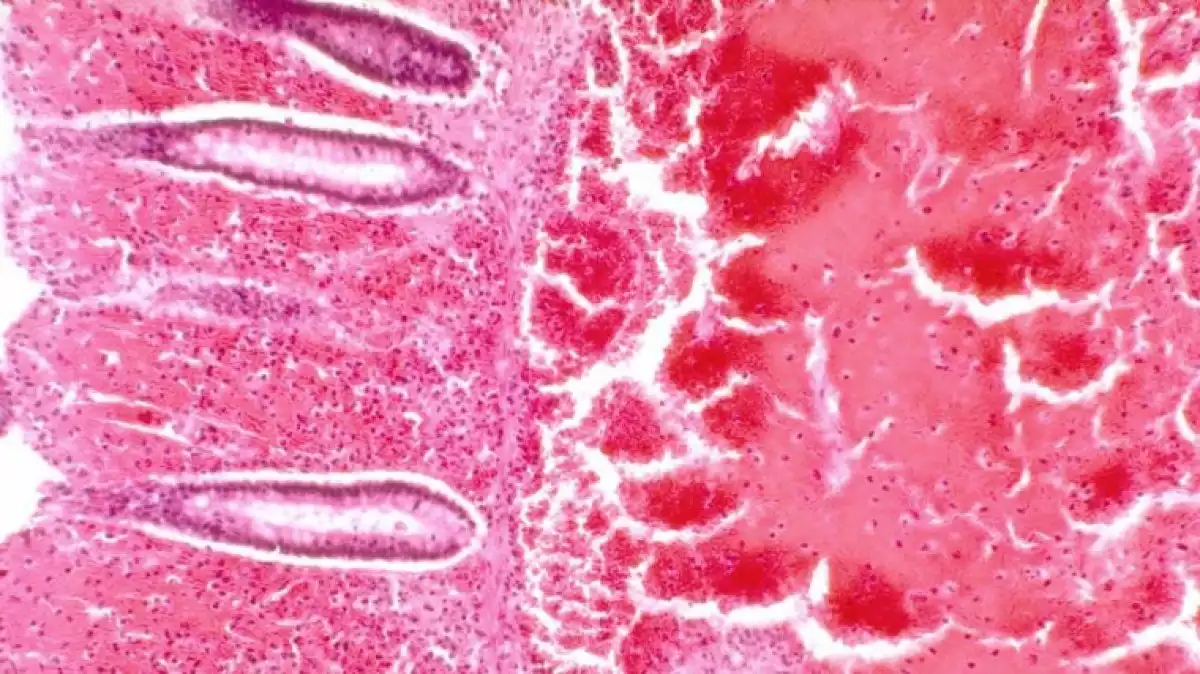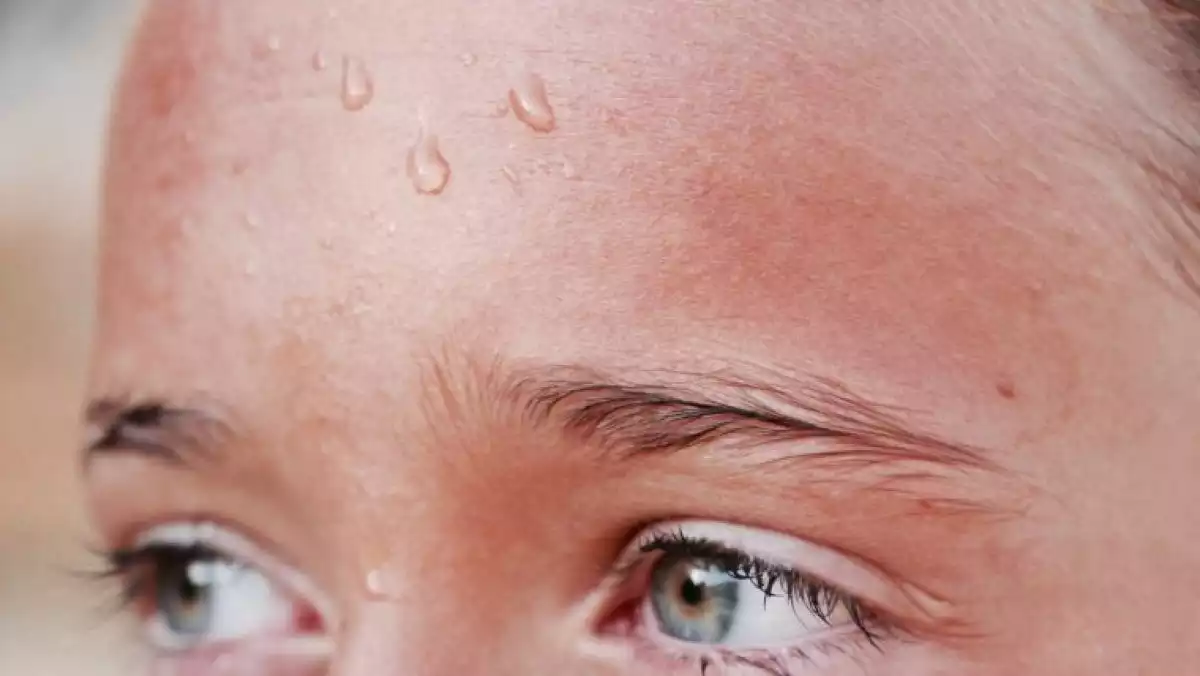
People, like the vast majority of living organisms, generate a certain amount of waste. Waste that is excreted from the body by an entire structure of organs and tissues known as the excretory system.
This system, which works in tune with organs in other systems, filters and removes unnecessary substances from our body. This article describes what the excretory system is, its parts and functions, and what diseases are associated with it.
What is the excretory system?
The excretory system is a structure formed by different organs and whose primary function is to eliminate the excess of unnecessary materials from body fluids. The objective of this system is to keep the homeostasis or chemical balance and avoid pain in our body.
For this, the waste products are removed from the metabolism, and the body is drained of the already used and decomposed components in both a liquid and a gaseous state. In people, and almost all mammals, these substances are mainly expelled in the form of urine or sweat.
Although sometimes the excretory system is confused with the urinary system, the truth is that the latter is included in the first one. The excretory system includes all those organs used explicitly for the excretion of the excess of body fluids.
Since most of the organs in our body produce metabolic waste, especially those of the digestive system, these systems work interdependently, so if one fails or suffers some deterioration the rest can also be affected or suffer alterations in their functioning.
Excretory system organs
As we mentioned before, the excretory system is formed by a set of organs and tissues that work together and interdependently. This system is divided into primary excretory organs: kidneys, bladder, urethra, liver and secondary excretory organs such as the large intestine and the skin.
1. Kidneys
Kidneys are considered the primary excretory organs of the human body. These organs, which are paired in each person, are located on each side of the spine at the height of the liver.
The main function of the kidneys is to filter materials and waste from the bloodstream that they turn into urine, and they expel from our body. However, this organ also carries out homeostatic functions such as:
Maintaining the volume of extracellular fluid
Maintaining ionic balance in extracellular fluid
Excreting toxic metabolic by-products such as urea and uric acid
Sometimes, the excess or accumulation of waste crystalizes and it can turn into kidney stones. With time and if they aren't treated they can cause pain that can end up leading to a chirurgical intervention or the elimination of them with ultrasound systems. However, some of the stones are so little that they can be expelled through the urethra.
2. Liver
The liver is the organ in charge of detoxifying our body. Due to the cells that form it, a series of biochemical processes take place, in which they produce ammonia from amino acids, this ammonia becomes urea which is carried by blood until it gets to the kidney.
This organ is the main defense line regarding fats, alcohol, drugs or toxic substances since all of them are metabolized and eliminated in it.
3. Bladder
The third most important organ of the excretory system is the urinary bladder, this structure similar to a bag, is formed by muscular walls that retain urine until it is expelled by the body during urination.
The bladder receives the urine from the kidneys through the ureters, and it comes out through the urethra.
The smooth muscles that make up the walls of the urinary bladder allow them to change shape depending on whether the bladder is full or not, allowing a certain point of elasticity and comfortably holding up to half a liter of urine.
4. Urethra
As we previously said, the urethra is a tubular-shaped tube that comes out from the urinary bladder and whose main function is to expel urine to the exterior. The opening of the urethra is protected by an autonomous sphincter whose musculature, under normal conditions, can be controlled by the person.
5. Large intestine
Even though the large intestine is not one of the main organs of the excretory system, it has a very significant role because of its functioning.
Before getting to the small intestine, the liver removes decomposed hemoglobin, metabolizes active ingredients in medicines and removes excess of vitamins, sterols and other lipophilic substances. Then, they are sent to the large intestine, where they are expelled through feces.
6. Skin
Last but not least, the skin is another secondary excretory organ. Although its main functions consist on protecting the organs, control bodily temperature and release pheromones, the sweat glands of the skin eliminate the excess of water, salts, and waxy lipids in the form of sweat.

Excretory system diseases
Just like the rest of the systems, the excretory system can have some problems in its functioning, especially in the kidneys. The main affections of the excretory system are the kidney failure and the kidney stones.
Kidney failure
Kidney failure happens when the kidneys are unable to filter wastes from the blood and, as a result, maintain the body's chemical balance (chemical homeostasis).
This condition can be caused by other diseases such as diabetes mellitus, body infections, and kidney stones or as a side effect of some medicines.
Kidney stones
Renal lithiasis, commonly known as kidney stones, are hard deposits formed by crystalized waste and they can be formed in one or both kidneys.
When substances don't dissolve properly, the waste accumulates, and it crystalizes. If they are not very big, they are lodged in the urinary tract and can pass through it along with urine.
However, in more severe cases, these stones can be lodged in the ureter, a tube that connects the kidney and the bladder. When this happens, there is a risk that they will increase in size and cause symptoms such as severe pain, bleeding, and a blockage in the flow of urine.
- Original article in viviendolasalud.com: Aparato excretor: qué es, partes, funciones y enfermedades
References
Coe, F. L., Evan, A. & Worcester, E. (2005). Kidney stone disease. Journal of Clinical Investigation, 115(10): 2598–2608.
Sato, K. (2005). The physiology, pharmacology, and biochemistry of the eccrine sweat gland. Reviews of Physiology, Biochemistry and Pharmacology, 79: 51–131.
